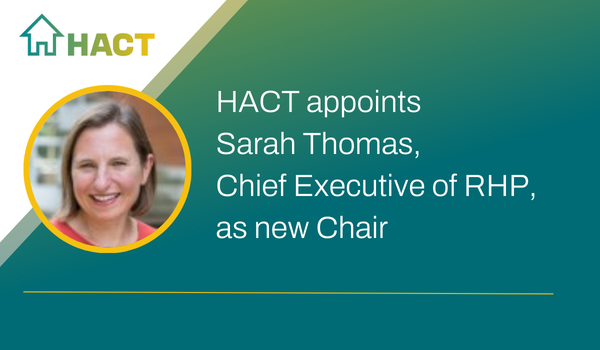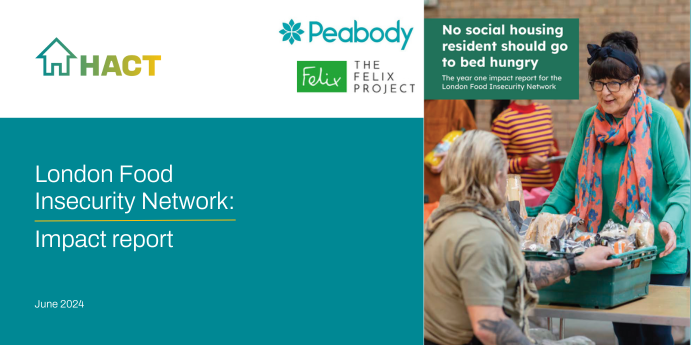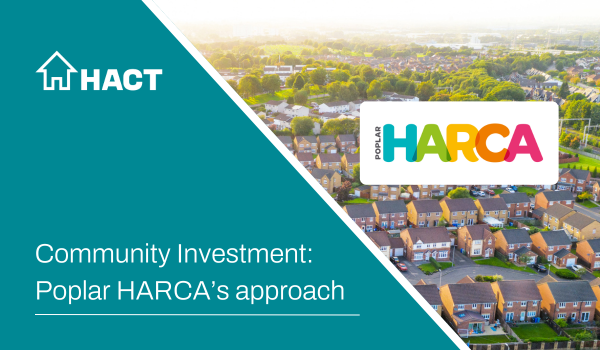The ‘Make It Happen Fund’: resident microgrants
What did we do?
Across Southwark, Bradford and BCP, we offered grants of up to £500 to social housing residents to run their own projects that respond to loneliness and social isolation. 27 grants have so far been awarded.
Age Friendly Coordinators and a panel of housing providers developed an accessible and light-touch application form, responded quickly to applications, and offered support to applicants to deliver their ideas and deliver projects.
Residents applied for all sorts of things, including exercise and art classes, equipment for their own groups and activities, social events, and improvement to indoor and outdoor communal spaces.
The outcomes
- Built confidence and motivation to engage with others.
- Built social connection and cohesion
- Building on and celebrating people’s skills and interests
- Improved health and well-being
What made this fund particularly effective?
- Conversations around loneliness – we encouraged staff to have conversations about tackling social isolation with their residents – in coffee mornings, meetings and in one-to-ones with active residents. Where requested, we attended resident meetings and discussed ideas.
- The time given to outreach and relationship-building: coordinators reached out to resident groups to have initial conversations about the opportunity, enthusing them to generate their own ideas and giving them the confidence to apply.
- Staff and coordinators supported the applications and activities, ensuring that residents felt supported through the process.
- In addition, staff supporting residents with their applications meant that residents didn’t need to be digitally savvy in order to apply.
- An easy application process made this funding more accessible for everyone.
The offer of micro-grants to residents shows clear promise for reducing loneliness and isolation by building connections, building people’s confidence and motivation to engage with others, among other benefits.
However, change is needed to the approach to increase up-take by residents. It is recommended that staff members should take the time to engage in conversations about loneliness and idea generation with residents, the application process should be simple and accessible, there should be a focus on residents using their own skills and experience.





